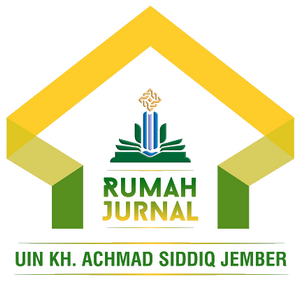
 e-ISSN: 2964-3716 p-ISSN: 2986-0857
e-ISSN: 2964-3716 p-ISSN: 2986-0857
sidebarmenu
DOWNLOAD TEMPLATE
INFORMATION PACK
Aims, Focus and Scope Author Guidelines Publication Frequency Peer Review Process Publication Ethics Online Submissions Copyright and License Plagiarism Screening Archiving Policy Author Fees Open Access Policy 













 IJIBS licensed under Creative Commons Attribution-NonCommercial 4.0 International License.
IJIBS licensed under Creative Commons Attribution-NonCommercial 4.0 International License. 